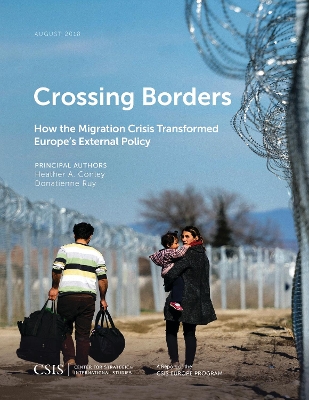In recent years, Europe has seen its largest influx of migrants and refugees in decades, with 1.9 million arrivals to the continent between 2014 and 2017. Peak arrivals in 2015, and sustained flows since then, have found the European Union and its 28 member states unable to face what has been called the "European migration crisis." Part of their response has focused on cooperation with third countries of transit or origin, by leveraging development, humanitarian, and foreign policy tools to try and reduce migrant flows to Europe, including through many funding and budgetary decisions. This report attempts to quantify, through budgetary analysis, what shifts occurred in the external dimension of Europe's migration policy following the crisis, and in three member states (Germany, Sweden, and the Netherlands). These short-term shifts, representing policy priorities, carry long-term consequences for the European Union's role as a foreign policy and soft power actor.
- ISBN10 1442280824
- ISBN13 9781442280823
- Publish Date 15 November 2018 (first published 15 September 2018)
- Publish Status Active
- Publish Country US
- Imprint Centre for Strategic & International Studies,U.S.
- Format Paperback
- Pages 78
- Language English
